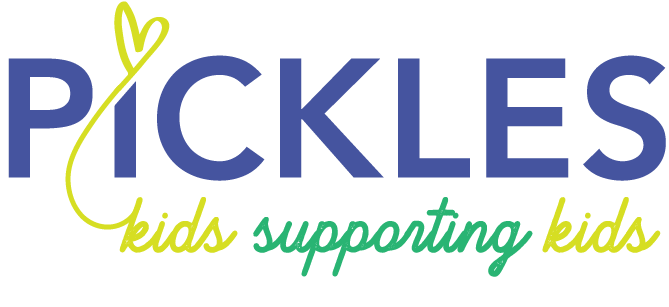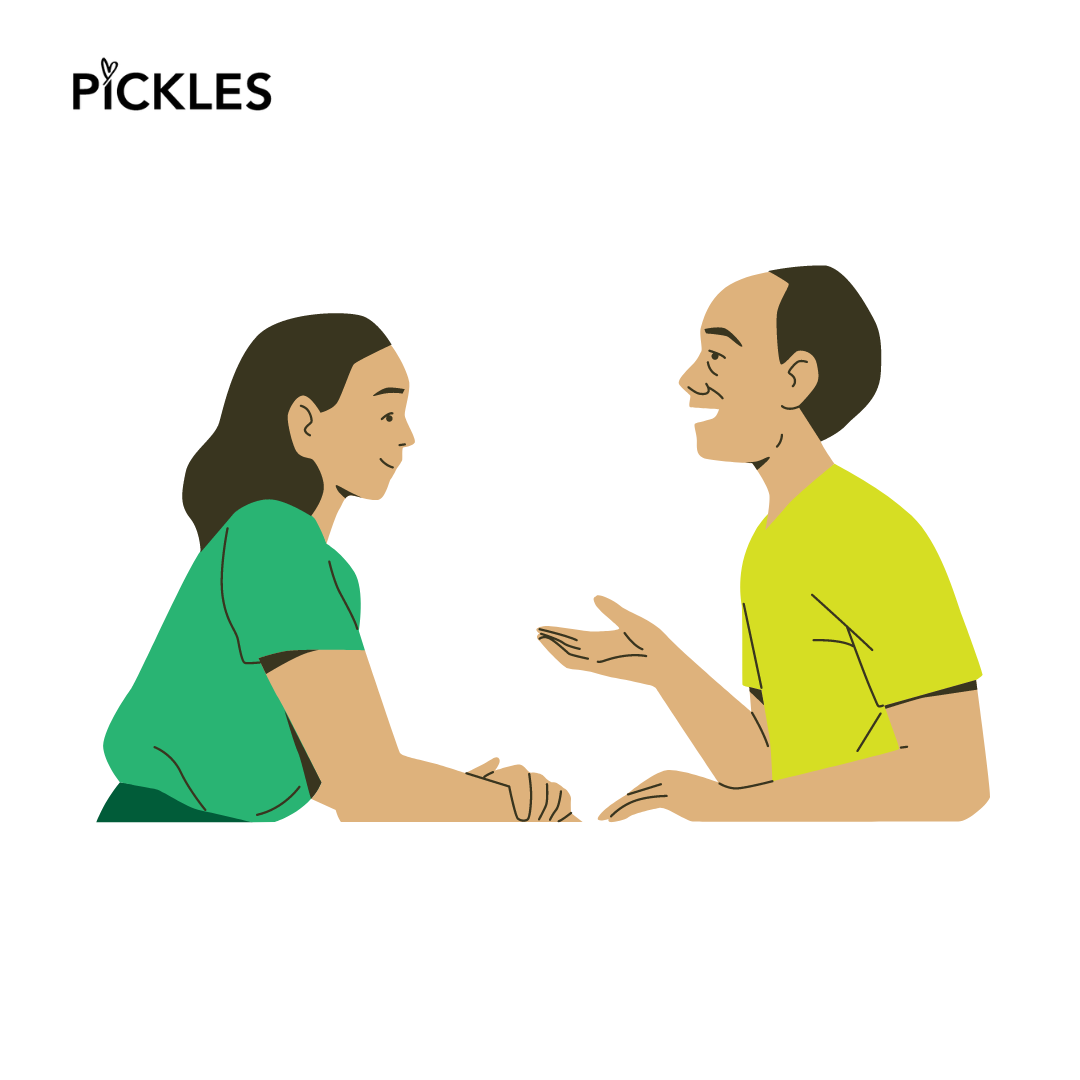What to Say When a Parent Doesn’t Look Like They Have Cancer’
Can your kids TELL you have cancer?
Should you still tell your kids about your cancer if it doesn't really 'look like you have cancer'?
These are important questions that don't have a simple answer, but these guidelines can help.
As a parent, you know your children best. You make decisions rooted in what you believe is best for your children with the resources available at the time you make those decisions.
Remember every cancer is different. Some families may face cancers that are longer-term or don’t come with limited treatment timelines and side effects that result in noticeable changes. These circumstances can make it even harder to know how and when to talk to kids.
Think of these conversations as trust-building. Talking is a great way to be proactive and build bonds and an open line of communication when things are easier, and often laying that foundation is helpful in the future regardless of how treatment and prognosis and signs of cancer for your child progress over time.
Listen and follow their lead. If kids are asking questions, they are likely ready for more information. They might ask about the reason for medications or doctor’s visits. Follow their lead and use Pickles tips on honest, age-appropriate language.
Expect new conversations as they grow. When you think and feel your kids are ready for more information, follow your instinct. Talks may come in tandem with growth and development especially for cancers that were prevalent before a child was born.
Don't underestimate the benefit for you! YOUR wellbeing matters and will benefit. It can also make it easier on you to have more transparency in your own life and not feel a need to avoid this topic with your family and household.
Take advantage of more support and resources designed by experts for families like yours. Check out our schedule for upcoming webinars by to support parents navigating cancer led by our expert team. You can also order your free Pickles Family Cancer Support Kit, and enroll your kids in our peer-to-peer programs for kids affected by their parent’s cancer.

